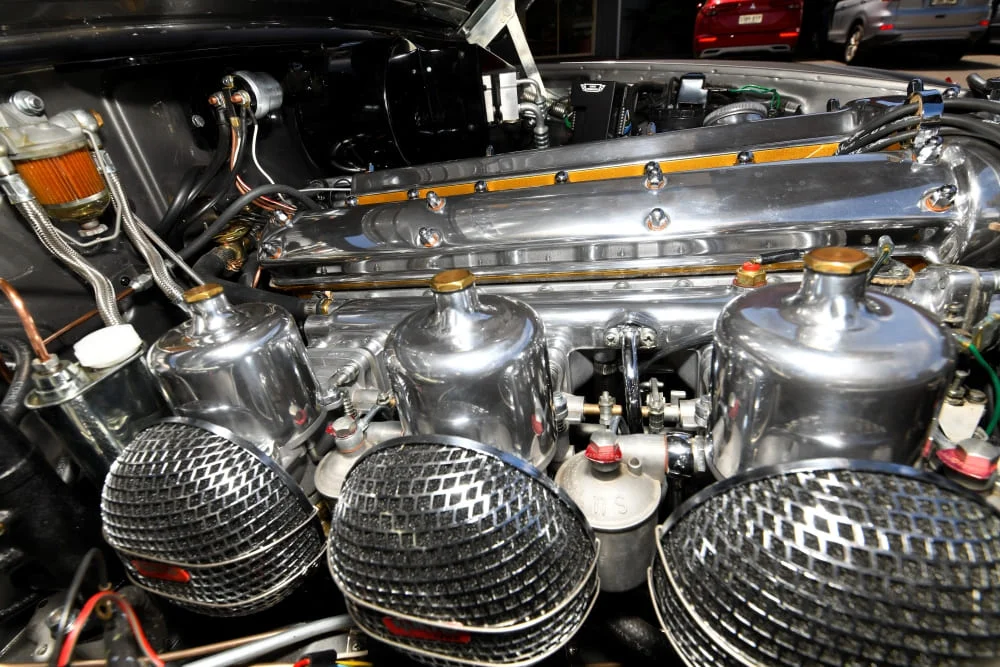Carburettor Servicing & Tuning — Finch Powerhouse
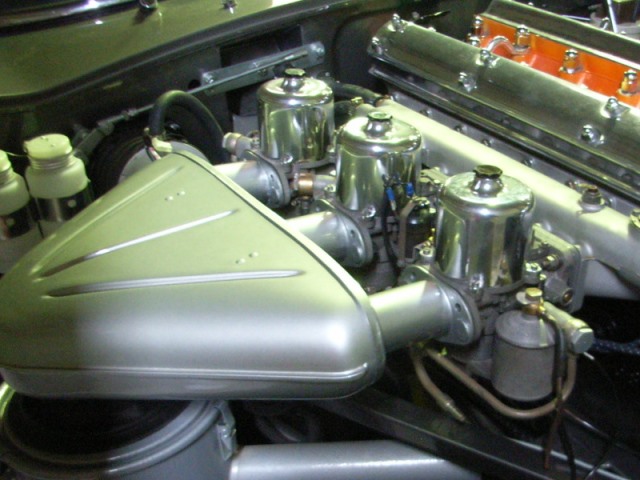
What We Do
- On-vehicle diagnostics and tuning for the most accurate results.
- Off-vehicle overhauls with full strip, clean, and reassembly.
- Conversions, re-jetting, and performance setup for modified engines.
- Engine tune-ups, safety checks, and pre-purchase inspections.
Note: Many “carb issues” are caused by several small faults working together. On-vehicle assessment lets us confirm fuel delivery, vacuum integrity, ignition health, and load behaviour before we make changes.
Carburation Is One Part of Performance
A petrol engine needs five things to be right. We check the lot, not just the carburettor.
1) Air
- Air filter: Replace if dirty or collapsed.
- Exhaust flow: Fix crushed pipes, blocked mufflers, or carbon build-up.
- Valve clearances: Adjust where required (non-hydraulic lifters).
2) Fuel
- Supply: Weak pumps and narrow filters starve the carb under load.
- Pressure and level: Set to spec to avoid lean surge or flooding.
3) Spark
- Plugs: Replace fouled or worn plugs and set the gaps.
- Timing: Correct initial, advance, and dwell; remove knock causes (carbon hot spots).
4) Compression
- Rings and valves: Low compression hurts power and tuning stability.
- Carbon on valves: Clean to restore proper sealing.
5) Friction
- Oil and service intervals: Fresh oil reduces drag and heat.
Our Carburettor Service Process
- Assess: Road test where possible. Note hot/cold start, idle, response, and load behaviour.
- Inspect: Check linkages, choke, fuel lines, leaks, mounting, and vacuum hoses.
- Remove (if off-vehicle): Isolate battery, label lines and linkages, protect gaskets and manifolds.
- Disassemble: Catalogue parts and note witness marks; remove gaskets, seals, and O-rings.
- Clean: Chem-soak metal parts, ultrasonic clean as needed, flush all passages with compressed air.
- Examine: Check shafts, bushes, jets, needles, floats, seats, and mating faces; replace worn items.
- Reassemble: Fit new gaskets, seals, and needles; set float level and baseline adjustments.
- Refit (if removed): Install with new base gasket; reconnect fuel lines and linkages; leak check.
- Tune: Set idle speed and mixture, balance multi-carb sets, verify choke and progression.
- Prove: Final road test and heat-soak; re-check for leaks and fasteners; document settings.
If you’re new to classic carb systems, professional setup will save time and protect your engine. We’re happy to help.
Collection & Return
We can collect and return cars, motorcycles, boats, and trucks (fees apply). We handle Veteran, Brass/Edwardian, Vintage, Pre-War, War-era, Post-War, and Classic vehicles, including marine and specialist builds.
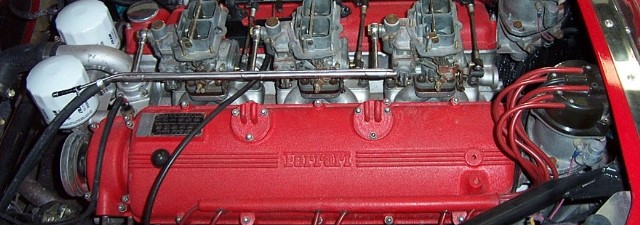
Carburettor Brands We Service
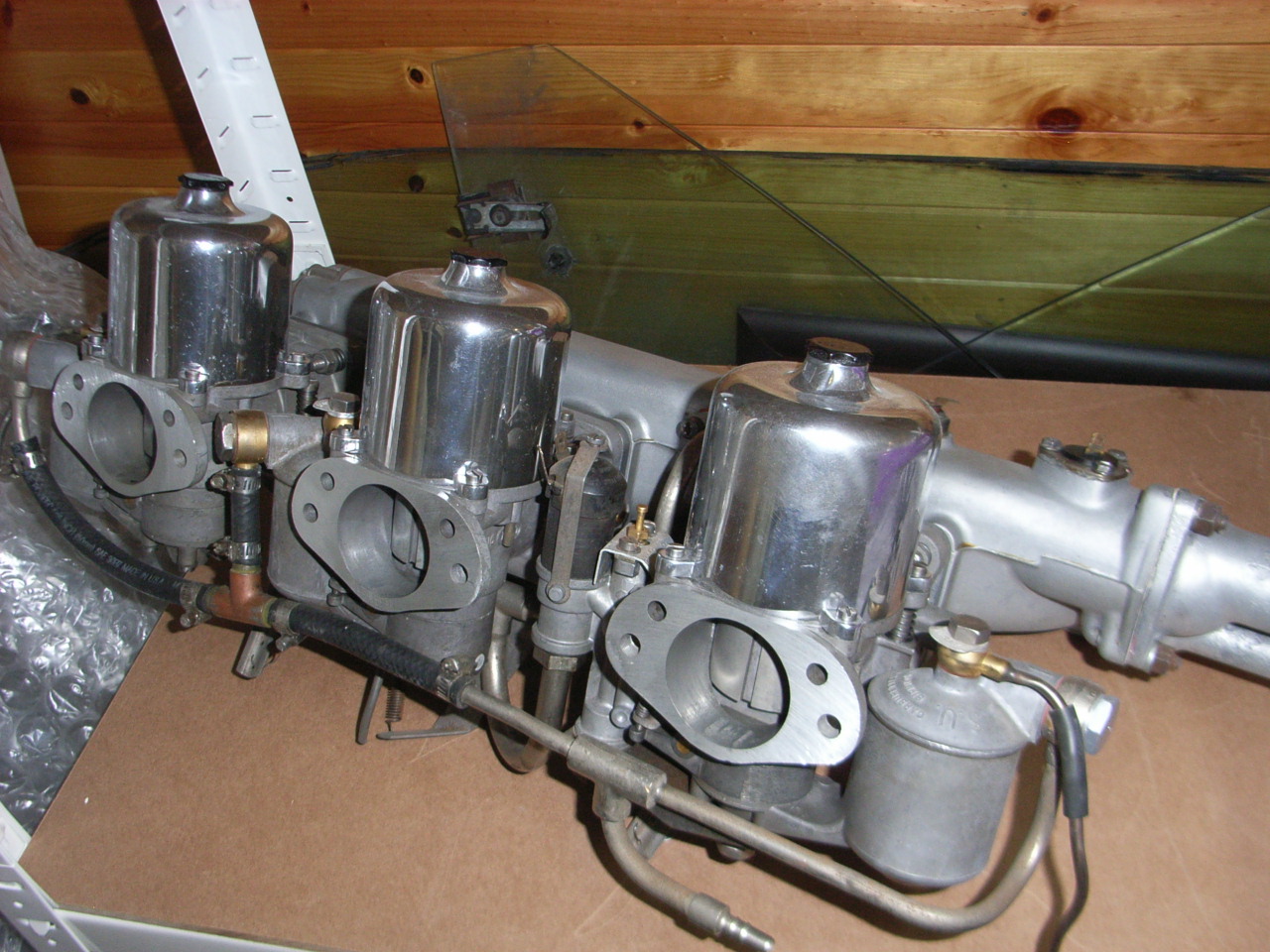
We support a wide range of historic carburettors. This list helps owners find us and helps us keep parts and knowledge ready:
- AMAL: U.K. motorcycle and light-engine units.
- Autolite: U.S. originals for period vehicles.
- Ball & Ball: Long-running U.S. maker.
- Bendix Stromberg: Known for innovation and hot-rod heritage.
- Bendix: Common on Chrysler, IH, Ford, GM, AMC, and Studebaker.
- Bing: Motorcycle and marine applications.
- Carter: U.S. units across cars, industrial, and ag machinery.
- Dell'Orto: Italian units for cars and bikes.
- Edelbrock: U.S. performance carburettors.
- Hitachi: Precision Japanese manufacture.
- Holley: U.S. street and performance mainstay.
- Keihin: High-quality Japanese motorcycle units.
- Lectron Fuel Systems: U.S. performance solutions.
- Magneti Marelli: Italian quality components.
- Marvel Schebler: Tractor and agricultural focus.
- Mikuni: Leading Japanese motorcycle carburettors.
- Reece Fish: Solutions for VW and classic Minis.
- Rochester: Popular U.S. brand for OEM and performance.
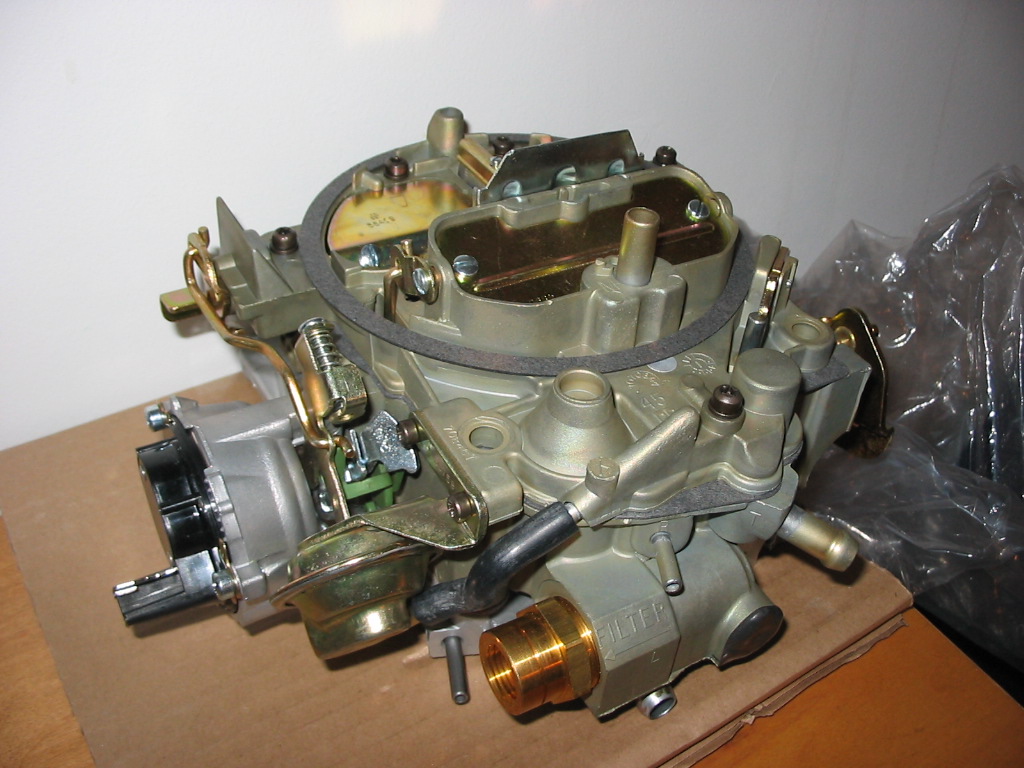
- Solex: French designs used worldwide.
- Stromberg: U.K. brand with rich history.
- SU carburettors: Reliable U.K. constant-depression units.
- Tillotson: Small-engine specialists.
- Villiers: U.K. motorcycle and small-engine units.
- Walbro: Small-engine fuel systems.
- Weber: Italian/Spanish performance and OEM units.
- Zenith: U.K. units used on Austin, Mercedes, Vauxhall, Dodge, and more.
Talk to a Carb Specialist
Tell us the make, model, engine, and carb type (photos help). We’ll advise the best next step—on-car tuning, bench overhaul, or both.
Contact Finch Powerhouse to discuss your setup and book a service.
